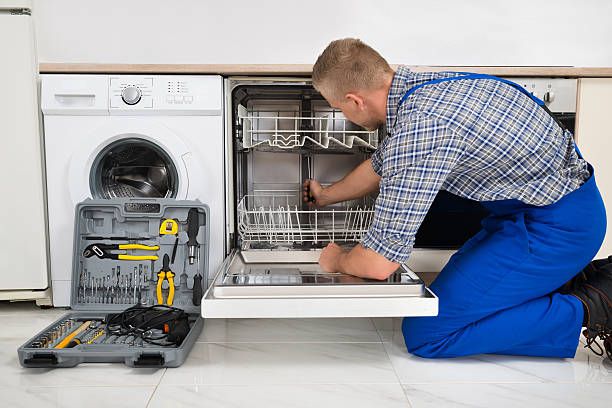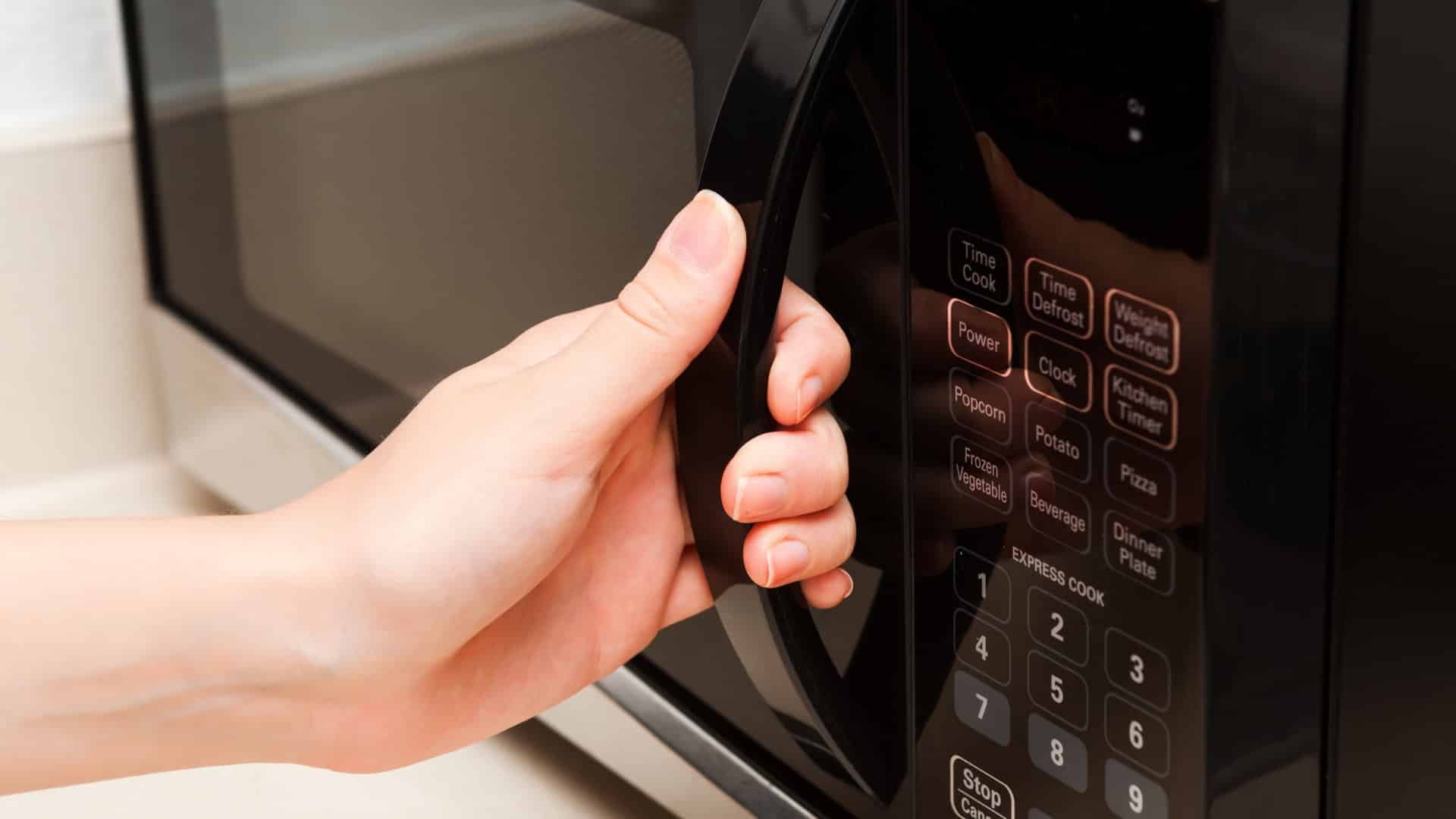This article below relating to Common Dishwasher Problems is exceptionally stimulating. Don't overlook it.

Having your dishwasher break down or malfunction can be a big deal and also create some discomfort in the house. Dishwashing machines are devices that we use to tidy meals and flatwares instantly to save us the stress of by hand doing it.
Like every other maker that relieves human initiative, dishwashing machines can break down and create some fault at some point in time. There are numerous mistakes your dishwashing machine could create, and while several of them can be fixed by replacing some parts or repairing them, various other much more severe issues will certainly need that you get a brand-new dishwashing machine.
This short article will certainly recognize a few common mistakes your dishwashing machine could create to impede its overall efficiency as well as how these mistakes can be fixed.
Common Mistakes
Typical dishwasher mistakes could vary from minor to major ones. Relying on the extent, you will certainly either need the solutions of expert plumbers to deal with or replace it.
Several of the most common mistakes include:
Dripping Dishwasher
This is possibly the most day-to-day dishwashing machine problem, as well as the good news is that it is easy to determine. Leaks happen as a result of several factors, as well as the leakages can bungle your cooking area. Usual root causes of dish washer leakages consist of;
If your meals as well as flatwares appear of the dishwashing machine and also still look filthy or unclean, your spray arms may be a problem. Oftentimes, the spray arms can get clogged, and also it will certainly require a quick tidy or a substitute to function efficiently once again.
Failure to Drain
Sometimes you might observe a big amount of water left in your tub after a clean. That is probably a water drainage trouble. You can either inspect the drain hose for problems or obstructions. When in doubt, contact a specialist to have it inspected and fixed.
This is one more common dish washer issue, and it is mostly triggered by food debris or oil remaining in the machine. In this instance, search for these particles, take them out and also do the dishes with no meals inside the machine. Laundry the filter extensively. That will certainly help do away with the negative odor. Make certain that you eliminate every food particle from your meals before moving it to the device in the future.
Final thought
Some of these common dish washer faults can be dealt with quickly at home, however in some cases, the mistakes could be enormous as well as may need the focus of experts. If you stay in Rochester, Syracuse, as well as various other parts of America, let the specialists correctly detect what could be wrong with your dishwashing machine and proffer a remedy.
We also mount dishwashers if you simply acquired a new one or plan to replace your own. With our years of experience in the industry, we make sure to offer you the best feasible solutions.
8 Most Common Dishwasher Problems & How to Fix Them
My Dishwasher Isn't Draining
If your dishwasher isn't draining properly, you may be having an issue with your dishwasher's drainage system. This can be caused by a variety of issues:
Clogged drain: The dishwasher's drain may be clogged with food particles or other debris. Malfunctioning pump: The dishwasher's pump is responsible for moving water through the system and out of the drain. If it's damaged or not working correctly, it could cause a drainage failure. Broken or clogged hose: The dishwasher's drain hose may be broken or clogged, causing water to back up in the system. How to Fix Dishwasher Not Draining
Check the drain for any blockages. A clogged or kinked hose will prevent water from properly draining out of the dishwasher. Use a plunger or a pipe snake to clear any debris that may be blocking the drain. Check the dishwasher's pump for damage or malfunction. Consult the manufacturer's manual or call a professional appliance repair service if you think the pump may be the issue. Check the drain hose for any damage or blockages. The hose should be straight and free of any debris or kinks. Check the drain pump filters for any blockages if the hose is clear, but the dishwasher is still not draining. Some dishwashers have filters that can become clogged with food particles or debris. Cleaning or replacing the filters may help resolve the issue. Run a dishwasher cycle to make sure the water is properly draining out. My Dishwasher Is Leaking
A leaking dishwasher can be frustrating. There are a few possible causes that you can investigate to try and diagnose the issue:
Inspect the dishwasher for any visible signs of damage or wear and tear. Look for cracks or holes in the door and around the rubber seal. Check the hoses and pipes connected to the dishwasher for any signs of leaking. If there is no visible damage, you may hear the sound of water dripping or the sound of the water pump running. This might mean a problem with the water inlet valve or the drain pump. You may also notice a puddle of water on the floor near the dishwasher. This could indicate a blocked drain hose or a faulty drain pump. Finally, check the seals around the door and the door for any signs of damage, wear and tear, or improper installation. If any of these issues are present, they must be fixed immediately to avoid further water damage. How to Fix a Leaky Dishwasher
Identify where the leak is coming from. The most common places for a dishwasher to leak include the door, hoses, and pump. If the leak is coming from the door, the gasket or seal may need to be replaced. If the leak is from the hose or pump, the damaged parts should be replaced with new ones. Finally, check all the connections and make sure they are secure and not leaking How to Fix a Dishwasher That Won't Start
The perfect remedy for a dishwasher that won't start is confirming all the components are in perfect working order and that the wiring is in good condition. Next, inspect the motor and replace it if necessary.
If these steps do not resolve the problem, contact a professional appliance repair technician to diagnose and fix the issue.
Conclusion
Most dishwashers are reliable appliances with a long lifespan. As with all devices, checking your dishwasher regularly will help you quickly identify any issues and ensure that it is running efficiently.
And if you're in the market for a new dishwasher, don't let dishwasher problems ruin your day. Upgrade to a reliable, efficient model today! Check out our full selection of top-quality dishwashers that includes a range of styles and features to suit any budget and household needs.
https://www.coastappliances.ca/blogs/learn/common-dishwasher-problems

I came across that page on The Most Common Dishwasher Problems while doing a lookup on the search engines. Are you aware of another person who is occupied with the subject? Why not share it. Thanks for taking the time to read it.
Book Your Service